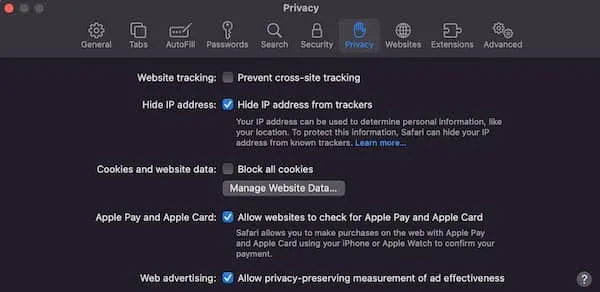
IQCB Minimum Technical Requirements for QEEG co-sponsored by ISNR
Friday, May 2, 2025 at 12:00noon EDT – this is a 90-minute webinar
This webinar is in remembrance of Joel Lubar, clinician, researcher extraordinaire, IQCB Director, and inspiration to create these guidelines.
Registration Fees:
ISNR member rate: $45
Non-member rate: $60
Student rate: $15
International: Based on country (log into membership portal to access discounted rate)
To register, CLICK HERE.
Workshop Description: QEEG is increasingly being used worldwide for research and clinical purposes and it is essential that consistent standards be applied to its acquisition, processing, and interpretation. This webinar will provide an overview of these standards as outlined in these guidelines.
IQCB board members and advisors collaborated to create these guidelines spearheaded by board advisor, Tom Collura. Co-authors will be presenting a brief synopsis each portion of this article.
As taken from the Introduction of the Guidelines: The purpose of this guideline is to specify the minimum alterations/adaptations, and additional necessary processing steps required to obtain standardized QEEG results for purposes of reporting, planning of treatment, and assessment of progress, as well as for forensic and insurance purposes. The main intent of this guideline, endorsed by the International QEEG Certification Board (IQCB), is to provide guidelines for EEG/QEEG submissions to the IQCB for purposes of obtaining practicum and mentoring credit toward certification. It is also intended as an educational resource when teaching proper QEEG practices. As a general standard, it is intended that conformance to this guideline would provide suitable evidence to refute challenges to QEEG data used in forensic or research set-tings. While it is not considered a requirement for all QEEG work, it sets a standard for intakes and baselines, and for data intended for comparative studies. It does not preclude the use of short recordings, in appropriate clinical settings. However, any such ad-hoc recordings could not be said to comply with the IQCB guidelines.
OVERVIEW:
Background Story
Outline of Paper (click HERE for link to paper)
• Introduction
• Acquisition
• Visual Inspection
• Selection and Artifact Rejection
• Computation of Metrics
• LORETA
• ICA/PCA
• Discriminants & Classification Algorithms
• Summary
Report Writing Supplement (click HERE for link to QEEG Report Writing Guidelines)
ABSTRACT:
Quantitative electroencephalogram (QEEG) is a technology which has grown exponentially since the foundational publication by in Science in 1997, introducing the use of age-regressed metrics to quantify characteristics of the EEG signal, enhancing the clinical utility of EEG in neuropsychiatry. Essential to the validity and reliability of QEEG metrics is standardization of multi-channel EEG data acquisition which follows the standards set forth by the American Clinical Neurophysiology Society including accurate management of artifact and facilitation of proper visual inspection of EEG paroxysmal events both of which are expanded in this guideline. Additional requirements on the selection of EEG, quality reporting, and submission of the EEG to spectral, statistical, and topographic analysis are proposed. While there are thousands of features that can be mathematically derived using QEEG, there are common features that have been most recognized and most validated in clinical use and these along with other mathematical tools, such as low resolution electromagnetic tomographic analyses (LORETA) and classifier functions, are reviewed and cautions are noted. The efficacy of QEEG in these applications depends strongly on the quality of the acquired EEG, and the correctness of subsequent inspection, selection, and processing. These recommendations which are described in the following sections as minimum standards for the use of QEEG are supported by the International QEEG Certification Board (IQCB).

